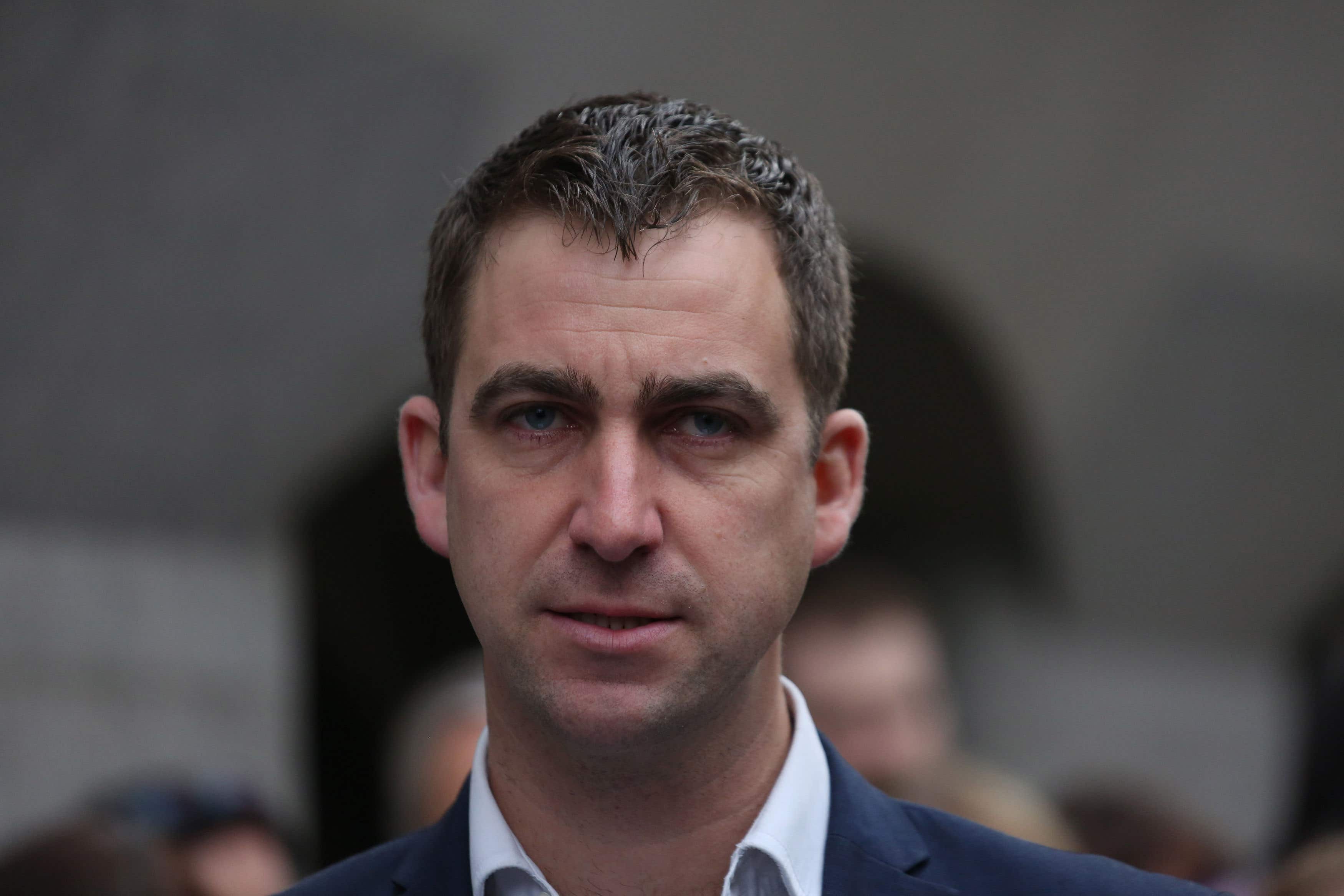UK parliament and Congress ‘to combine to combat threats to frontline politicians’ after Trump shooting
Exclusive: Concerns have been raised about the safety of MPs and the threat of political violence in Britain
Your support helps us to tell the story
From reproductive rights to climate change to Big Tech, The Independent is on the ground when the story is developing. Whether it's investigating the financials of Elon Musk's pro-Trump PAC or producing our latest documentary, 'The A Word', which shines a light on the American women fighting for reproductive rights, we know how important it is to parse out the facts from the messaging.
At such a critical moment in US history, we need reporters on the ground. Your donation allows us to keep sending journalists to speak to both sides of the story.
The Independent is trusted by Americans across the entire political spectrum. And unlike many other quality news outlets, we choose not to lock Americans out of our reporting and analysis with paywalls. We believe quality journalism should be available to everyone, paid for by those who can afford it.
Your support makes all the difference.The UK parliament and the US Congress are set to work more closely to combat threats to frontline politicians in the wake of the attempted assassination of Donald Trump.
The Commons Speaker Lindsay Hoyle is to write to his American counterpart stressing the importance of sharing expertise on security measures, The Independent has learned.
It comes as the shooting at a campaign rally led to concerns about the safety of MPs and the risk of political violence in the UK.
A bloodied Mr Trump was rushed from the stage to a hospital after the attempt on his life and later said that a bullet had “pierced” his ear.
The gunman was killed at the scene.
Kim Leadbeater, the sister of murdered MP Jo Cox, said the attack on Mr Trump raised questions about “what a civilised democracy looks like”.
The Labour MP for Spen Valley told BBC’s Sunday with Laura Kuenssberg: “We are back again having that conversation about what democracy looks like, what our politics looks like. I sadly feel that we are not making a huge amount of progress in this country.”
House of Commons leader Lucy Powell also said that there was a “growing sense of ... hate and attacks” towards UK politicians which was “something that we need to take action on”.
The government’s adviser on political violence has also called on the home secretary to investigate a “dark underbelly” of abuse and intimidation of candidates during the general election.
John Woodcock, a former Labour MP, who now sits in the House of Lords as Baron Walney, also suggested there could have been a “concerted campaign by extremists”.
Just hours before the attempt on Mr Trump’s life, the Commons speaker warned that the safety of MPs keeps him “awake at night”.
Sir Lindsay Hoyle said threats and intimidation towards parliamentarians were currently at such a level that he had “never seen anything as bad”.
The security of MPs was tightened after Sir David Amess was stabbed more than 20 times during a constituency surgery in Leigh-on-Sea, Essex nearly three years ago. He was the second MP murdered in recent years, after Ms Cox was killed in her constituency in 2016.
A spokesperson for the speaker said: “Mr Speaker will be writing to the former president to express condolences.”
They added that he would also be writing to “the current US Speaker of the House – who is also a G7 counterpart – to reiterate the importance of sharing expertise regarding security measures for those in frontline politics”.
Earlier Ms Cox’s widower, Brendan Cox, called for a “consensus against political violence in all forms”.

He criticised Mr Trump’s own behaviour towards his political opponents, adding: “But that doesn’t justify using violence against him. It undermines democracy and makes more violence more likely.”
Reform UK leader Nigel Farage, who had milkshake and wet cement thrown at him during the election campaign, said that politicians from all parties were “increasingly at risk”.
He told Sunday with Laura Kuenssberg that a “narrative” had built up around him which had led people to “hate” him.
“I have lived with this for a very long time,” he added. “I think all MPs from all sides now are increasingly at risk. But I do think, I am sorry, but I do think mainstream media has a lot to do with this.”
The Clacton MP said MPs now had to balance security with meeting voters and risks of violence might mean “we finish up with our political leaders never meeting a voter, never meeting the public”.

Join our commenting forum
Join thought-provoking conversations, follow other Independent readers and see their replies
Comments